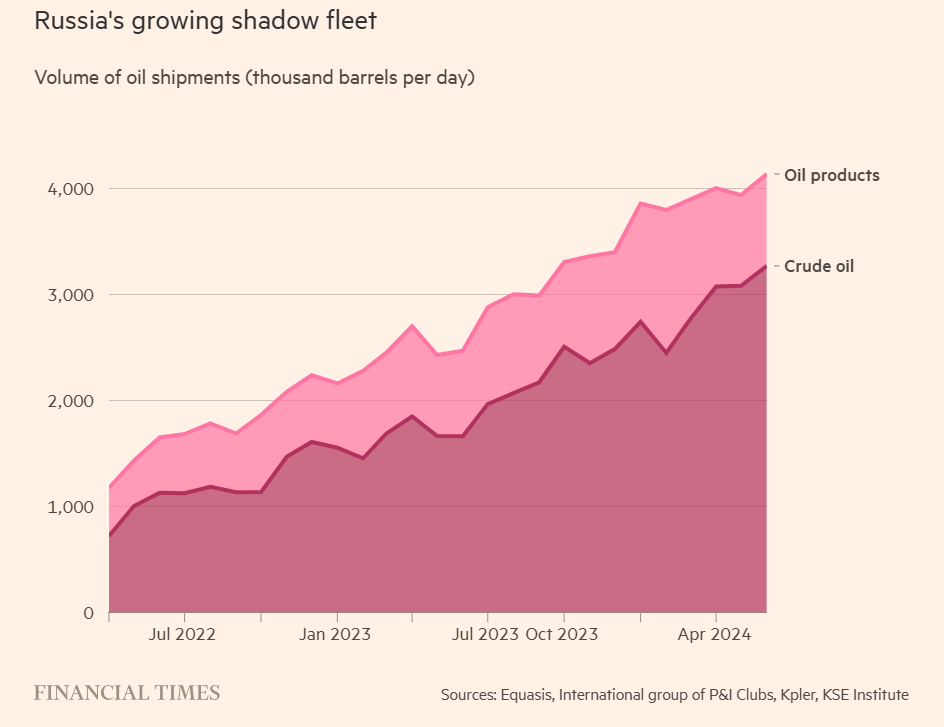Death toll rises to three in a guided aerial bomb strike on a residential building in Kharkiv on October 30, including two children
Russians struck a high-rise building in the Saltivskyy district of Kharkiv, leaving three people dead and 36 injured, according to the State Emergency Service of Ukraine, Oleh Syniehubov, head of the Kharkiv Oblast Military Administration and the Kharkiv Oblast Prosecutor’s Office.
Rescue workers discovered the body of a civilian man, approximately 25-30 years old. The attack also claimed the life of a 12-year-old boy.
“There were no statements from relatives or acquaintances. We are establishing his identity,” said Dmytro Chubenko, a spokesman for the Kharkiv Oblast Prosecutor’s Office.
Later on October 31, the Emergency Service reported the discovery of a 15-year-old teenager’s body among the ruins of the nine-story building’s collapsed section. The teenager showed no signs of life.
In an earlier air raid, Russians attacked Kharkiv’s Kyivskyy and Saltivskyi districts with six guided aerial bombs on October 8, killing a woman and a man, aged 69 and 70, and injuring five other civilians.
Fifteen apartment buildings in the Saltivskyi area were damaged in the attack.
The local prosecutor’s office also stated that according to early information, the Russians employed FAB-250 aerial bombs with Unified gliding and correction modules in the attack from the settlement of Tomarovka in Russia’s Belgorod Oblast. Two Su-34 aircraft were used for the strike.
Previously, Russian forces launched multiple attacks on settlements in Kharkiv Oblast on September 24, killing two civilians and injuring three others, according to the Kharkiv Oblast Prosecutor’s Office.
The attacks began around 16:10 when Russian forces struck Kupiansk, killing a 93-year-old woman and injuring a 57-year-old woman. The strikes damaged residential buildings and outbuildings.
Russian shelling of Varvarivka in the Chuhuiv district injured a 77-year-old woman and a 56-year-old man. The attacks also claimed the life of a 61-year-old civilian.
Russian forces targeted the villages of Kurylivka and Bohuslavka in Kharkiv Oblast at approximately 14:10 and 16:05, destroying residential buildings. No casualties were reported in either location.
At about 16:35 on September 24, a tractor blew up on an explosive device in a field near the village of Velyka Komyshuvakha, Izium district, while doing agricultural work. The 19-year-old who had been driving the tractor suffered burns and was taken to hospital.
Earlier, ZMINA reported that the death toll climbed to five following Russian airstrikes on Kharkiv on September 24, 2024. Oleh Syniehubov confirmed that 36 people were injured.
Previously, the Financial Times, referring to a Kyiv School of Economics (KSE) study reported that Russia has grown its shadow fleet of oil tankers by almost 70 per cent this year compared to the previous year, despite recent crackdowns on insurers and shipping companies facilitating sanctions evasion.

The volume of Russian oil transported by poorly maintained and underinsured tankers has increased from 2.4mn barrels per day in June 2023 to 4.1mn in June 2024, according to a report published by KSE.
According to Reuters, Hungarian oil company MOL plans to adapt its refineries to process both Russian and non-Russian crude oil by the end of 2026. Viktor Sverla, the company’s Vice President for Strategy and Sustainable Development, noted that MOL can already process between 30% and 40% of non-Russian crude oil at its refineries in Slovakia and Hungary.
In October, Ukrainian Prime Minister Denys Shmyhal stated that Russia has stolen and exported over 180,000 tonnes of Ukrainian grain through the port of the temporarily occupied Mariupol in 2024 alone. He emphasised that Russia is plundering the temporarily occupied territories to finance its war of aggression.
Ukraine has repeatedly called on countries worldwide to impose restrictive sanctions on the Russian Federation to compel it to comply with international law, including UN Charta.
Ukrainian President Volodymyr Zelenskyy has criticised Western allies for their passive stance on North Korea’s ballistic missile tests and the deployment of North Korean troops to Russia for the war against Ukraine.
Regarding Ukraine’s request for Tomahawk missiles, which appeared in the press, Zelenskyy emphasised it was confidential information between Kyiv and the White House.
“It was confidential information between Ukraine and the White House. “How should we understand these messages?” So, it means, between partners, there are no confidential things,” he stated in an interview with media of Nordic countries.
Zelenskyy suggests that revealing Ukraine’s missile request, which is part of the classified Victory Plan annexe, without providing the aid shows allies’ uncertainty and intention to delay decisions.
“Any plan is strong when it is supported. If you want to publicly disclose some details of classified clauses that are in the plan, relating, for example, to missiles that we asked our partners for, then first say that you are providing them, and then tell everyone what is in the annexe. Because when one of the partners first says what is in the annexe, it shows that they don’t really want to give anything, thus postponing the decision,” he said during a conversation with the leaders of territorial communities and districts of Transcarpathia (westernmost Ukraine), writes Interfax-Ukraine.








